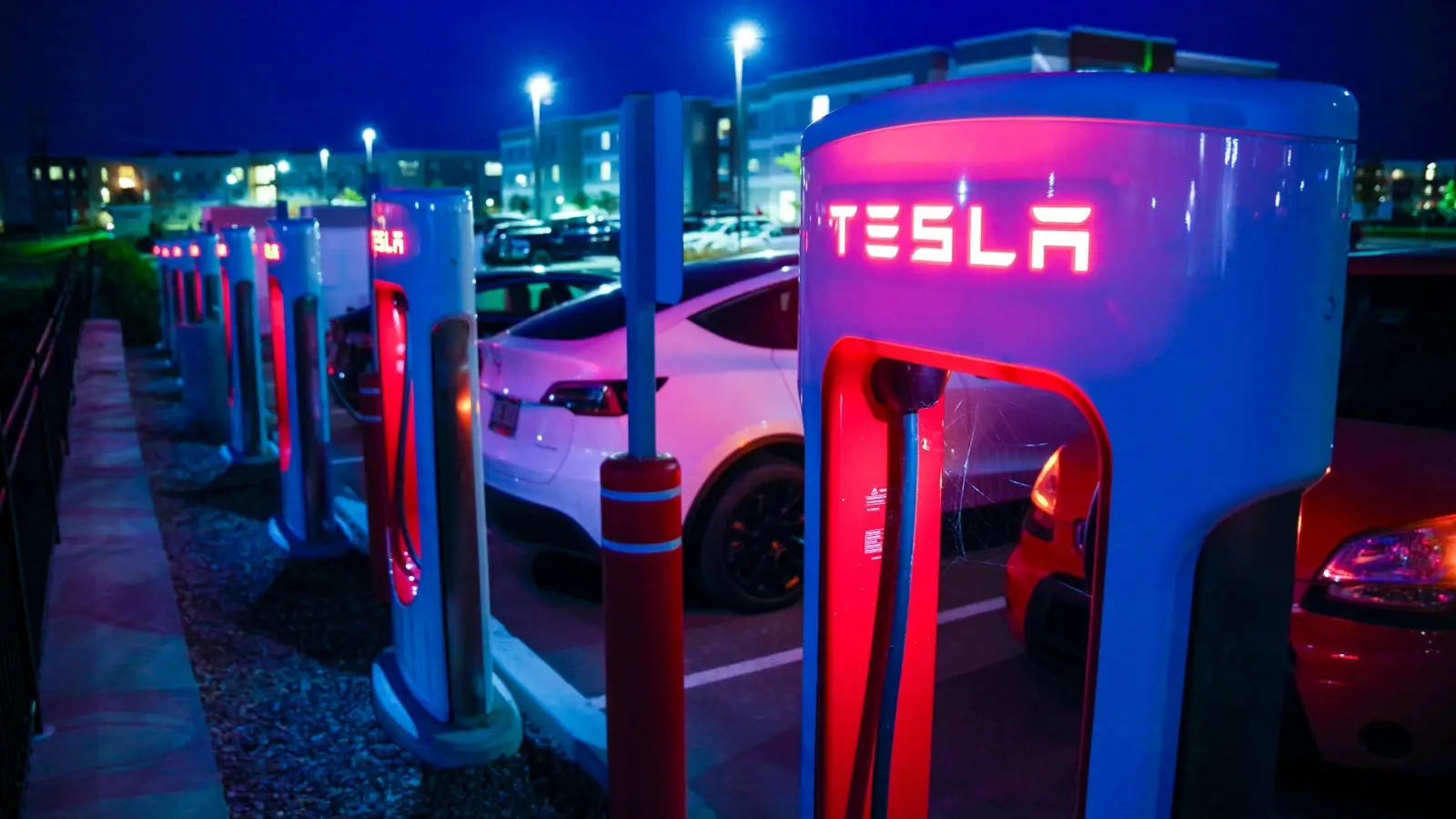


Across Texas, towns like New Braunfels, Georgetown, and Fredericksburg are experiencing a renaissance. Once considered quiet, small communities between major cities, they’ve transformed into vibrant economic and cultural hubs. Population growth, tourism, and small business expansion have redefined how these towns operate—and how residents use and share resources.
But with rapid growth comes new logistical challenges. How can small communities maintain efficiency and connection as they scale? And could something as simple as shared access to tools, vehicles, or equipment play a larger role in building sustainable, resilient local economies?
The rise of resource sharing, especially in areas like transportation and construction, suggests that it can.
Texas has long been a symbol of independence, but today’s version of that independence looks different. While the “do it yourself” spirit remains, people are increasingly realizing that doing it together can be smarter, cheaper, and more sustainable.
New Braunfels is a prime example of this new frontier. Its population has surged in the past decade, driven by both tourism and migration from nearby cities like Austin and San Antonio. As more people move in, they bring big-city expectations—efficiency, access, and convenience—but within a community that still values personal relationships and local trust.
This dynamic has fueled a growing interest in resource sharing, from coworking spaces and tool libraries to local transport rentals that help individuals and businesses operate more flexibly.
Traditionally, small-town living meant owning what you needed—your own truck, tools, or trailer. But ownership comes with costs: maintenance, storage, and depreciation. As towns expand, space becomes scarce, and personal ownership starts to feel less practical.
That’s where access models come in. Renting instead of buying allows residents to use what they need, when they need it, without the long-term burden. It’s the same philosophy that has made car sharing and vacation rentals so successful—adapted to the specific needs of growing local economies.
Whether it’s a homeowner tackling a renovation project or a small business delivering supplies across town, short-term access to reliable equipment helps people stay productive without overspending. Services like new braunfels trailer rental have become quietly essential to this new way of living—empowering flexibility while keeping resources circulating within the community.
Resource sharing isn’t just about convenience; it strengthens communities economically and environmentally.
When residents rent from local providers instead of buying from big-box stores, more money stays in the local economy. That means stronger small businesses, local job creation, and a more interconnected network of services.
Every trailer, truck, or tool that’s shared by multiple users reduces the number of new items that need to be manufactured and shipped. This not only conserves resources but also aligns with growing environmental awareness among consumers and municipalities alike.
In smaller towns, relationships are currency. Sharing resources—whether through formal rentals or informal community lending—fosters collaboration and trust. It transforms logistics from a transaction into a partnership.
Perhaps the most underrated benefit of access-based systems is how they empower local entrepreneurs. A new business owner doesn’t need to invest in expensive hauling equipment right away—they can rent what they need, test their model, and scale gradually. This lowers barriers to entry and keeps innovation alive in smaller markets.
Texas is known for self-reliance, but that doesn’t mean going it alone. The state’s entrepreneurial DNA pairs surprisingly well with the efficiency of modern sharing models.
What’s emerging is a hybrid culture: independent thinkers who embrace collaboration when it makes sense. Contractors might own their tools but rent trailers for specific jobs. Homeowners might rely on their trucks for everyday errands but choose short-term rentals for major projects.
This pragmatic approach isn’t about rejecting tradition—it’s about evolving it. It recognizes that independence in the 21st century is about choice, not possession.
Interestingly, smaller communities are better positioned to adopt resource-sharing practices than big cities. Why? Trust and scale.
In a town like New Braunfels, where local businesses are known by name, people are more comfortable renting from neighbors or local providers than anonymous corporations. This creates a built-in accountability system that larger markets struggle to replicate.
Moreover, smaller towns can adapt faster. Without layers of bureaucracy, community leaders and local businesses can quickly establish partnerships—shared storage facilities, community workshops, and cooperative rental programs—that directly serve local needs.
As these models mature, they can set examples for other towns navigating similar growth.
As climate awareness continues to rise, sustainability is no longer an optional talking point—it’s a business advantage. Towns that reduce waste and encourage resource efficiency attract residents and companies who value conscious living.
But sustainability isn’t just environmental—it’s cultural. Shared access models preserve the spirit of cooperation that defines small-town Texas while integrating the innovation that drives its growth. They allow communities to grow without losing their sense of connection and place.
That balance—between progress and preservation—is what makes New Braunfels and similar towns uniquely positioned to lead the next wave of sustainable local development.
The sharing economy is often associated with tech-driven startups in big cities, but its real power may lie in smaller, human-scale communities. In places like New Braunfels, where growth and tradition intersect, access-based services are creating new forms of independence—ones built not on ownership, but on collaboration.
As more towns embrace this mindset, they’ll find that the key to economic growth isn’t owning more—it’s sharing smarter.
By rethinking how we use, lend, and rent the tools that keep our communities running, Texans are redefining what local strength means in the modern age.
Because in the end, true independence isn’t about having everything—it’s about having access to what matters when it matters most.